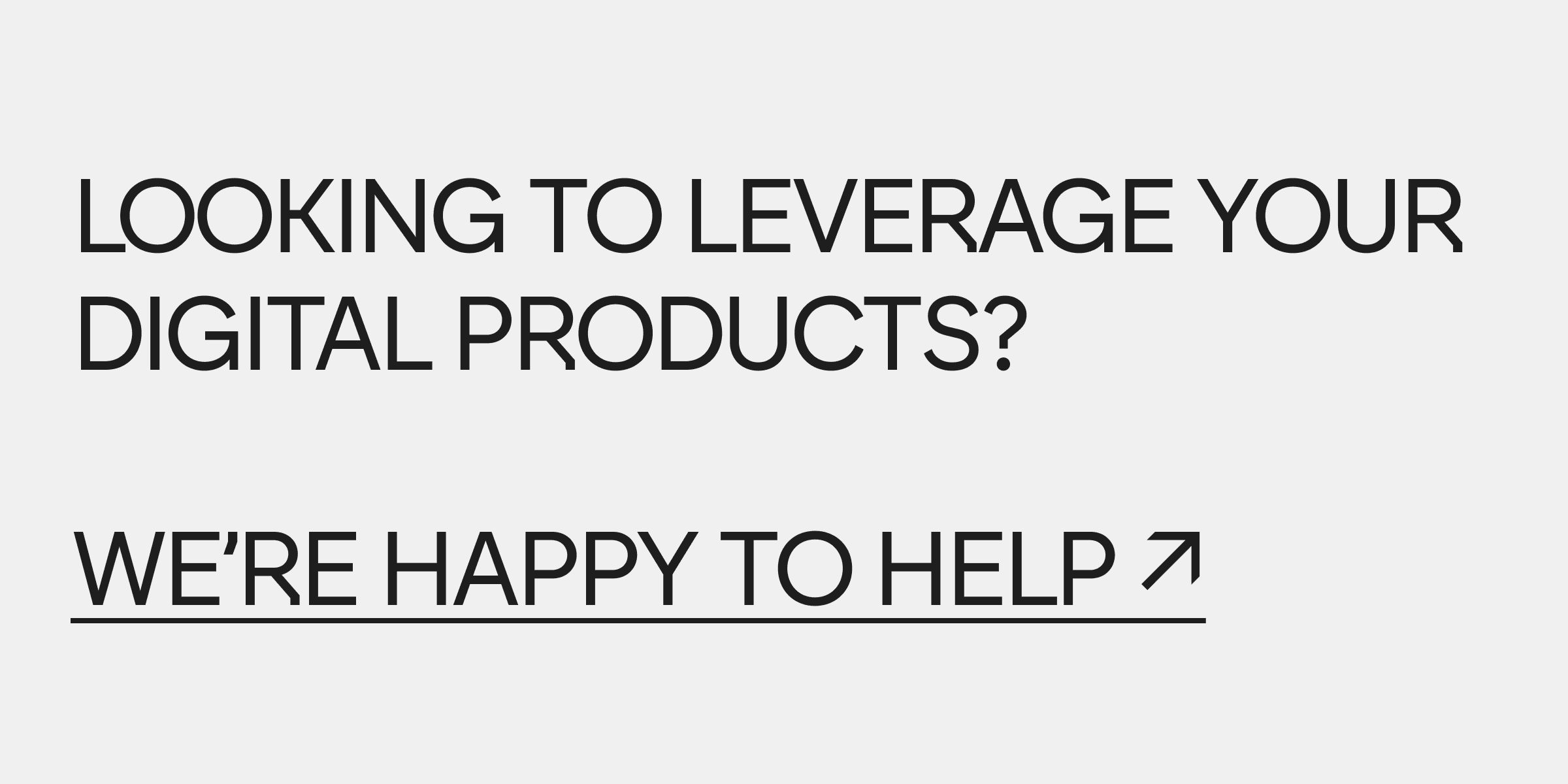Understanding and implementing HIPAA compliance is crucial for the protection of sensitive medical information. Non-compliance can lead to severe legal consequences. Worse yet, it could result in a loss of reputation and trust within the healthcare industry.
Selecting a HIPAA-compliant host is a foundational step in safeguarding personal health information (PHI). Such hosts offer essential features including vulnerability scans, data encryption, server hardening, offsite backups, and compliance with the HIPAA Business Associate Agreement requirements.
If you’re just getting started with HIPAA regulations and are feeling lost and confused, don’t worry! With our expertise in software development and HIPAA compliance, we would be more than happy to lend you a hand. In the following article, we will delve into the essentials of creating a HIPAA-compliant website and provide you with a comprehensive HIPAA compliance checklist.
What Does HIPAA Stand For?
HIPAA stands for the Health Insurance Portability and Accountability Act. It is a federal law that was enacted in the United States in 1996. The act was influenced by various stakeholders, including patient advocacy groups, healthcare providers, insurers, and policymakers, all striving to improve the efficiency, fairness, and privacy of their healthcare system.
What Information Is Protected by HIPAA?
HIPAA primarily protects the privacy and security of an individual's medical information, known as protected health information. Protected health information includes a wide range of personal health information held or transmitted by covered entities or their business associates, in any form or medium, whether electronic, paper, or oral.

What Are the HIPAA Compliance Rules?
HIPAA regulations revolve around several key rules, each designed to address specific aspects of privacy, security, and administration in the healthcare sector. Together, these rules establish a framework for safeguarding individually identifiable medical information, ensuring patient privacy, and setting standards for the secure handling, transmission, and management of health information in the digital age.
HIPAA Privacy Rule
The privacy rule establishes standards for the protection of individuals' medical records and other personal health information. It applies to health plans, health care clearinghouses, and health care providers that conduct certain health care transactions electronically. It sets limits and conditions on the uses and disclosures of such information without patient authorization. It also grants patients rights over their health information, including the rights to examine and obtain a copy of their health records and request corrections.
HIPAA Security Rule
The HIPAA security rule complements the privacy rule. It specifically focuses on electronic protected health information and sets standards for ensuring its confidentiality, integrity, and security. This includes requiring the implementation of administrative, physical, and technical safeguards.
HIPAA Enforcement Rule
This rule establishes how the Department of Health and Human Services enforces HIPAA and the consequences for non-compliance. It sets forth the processes for imposing and collecting fines for HIPAA violations and provides guidelines for the resolution of agreements between the Department of Health and Human Services and entities that have violated HIPAA.
HIPAA Breach Notification Rule
This rule requires covered entities to provide notification following a breach of individually identifiable medical information. The rule mandates immediate investigation of a breach, notification to affected individuals without unreasonable delay, and, in cases where a breach affects more than 500 individuals, notification to the media and the Department of Health and Human Services must be made promptly.
The Breach Notification Rule requires covered entities to notify affected individuals and the HHS in the event of a breach of unsecured Protected Health Information (PHI). The rule also requires business associates to notify covered entities in the event of a breach. The notification must be made without unreasonable delay, but no later than 60 days after the discovery of the breach. The notification must include the following information:
- A description of what happened, including the date of the breach and the date of the discovery
- A description of the types of PHI involved
- A description of what the covered entity is doing to investigate the breach, to protect against future breaches, and to mitigate any harm caused by the breach
- A statement that the individual can obtain a copy of the notice by contacting the covered entity
- A toll-free phone number, email address, or postal address that the individual can use to contact the covered entity with questions or to obtain additional information
It is essential to have a plan in place to respond to breaches and to notify affected individuals and the HHS as required by the Breach Notification Rule. This includes having a breach notification policy and procedure in place, as well as training employees on how to respond to breaches. By being prepared, you can mitigate the impact of a breach and ensure compliance with HIPAA regulations.
HIPAA Omnibus Rule
Enacted in 2013, the Omnibus rule expanded HIPAA rules to include business associates of healthcare providers, insurers, and other covered entities. It also placed stricter limits on how protected health information can be used for marketing and fundraising activities, ensuring patient data isn't misused.
Why Is HIPAA Important?
Data breaches have become a significant concern in the healthcare industry. As a result, HIPAA guidelines for data privacy and security are essential for maintaining trust between patients and healthcare providers.
Read more: Web design for healthcare - Best practices and guidelines

Which Industries and Organizations Need To Abide by HIPAA?
HIPAA applies to a range of organizations and industries that handle protected health information. Additionally, business associates of these entities who have access to electronic health records in the course of providing services to them are also required to comply with HIPAA regulations.
- Health plans. Including health insurance companies, company health plans, and certain government programs that pay for health care, such as Medicare and Medicaid.
- Health care clearinghouses. Entities that process nonstandard health information they receive from another entity into a standard format or vice versa.
- Health care providers. This includes providers such as doctors, clinics, psychologists, dentists, chiropractors, nursing homes, and pharmacies that transmit any health information electronically.
Who Enforces the Health Insurance Portability and Accountability Act?
The Health Insurance Portability and Accountability Act is enforced by the Office for Civil Rights within the Department of Health and Human Services. The office is responsible for investigating complaints, conducting compliance reviews, and performing education and outreach to foster compliance. They also have the authority to impose penalties for non-compliance.
Determining if Your Website Needs To Be HIPAA Compliant
Determining whether your website needs to be HIPAA compliant is crucial to ensure the protection of sensitive patient data. To make this determination, you must consider the following factors:
Does Your Website Collect PHI?
If your website collects any individually identifiable health information, such as symptoms, conditions, or medical history, you are collecting Protected Health Information (PHI). This includes information collected through contact forms, online patient forms, chatbots, patient portals, patient reviews and testimonials, tools, and live chats. If your website collects PHI, it is likely that you need to be HIPAA compliant. Ensuring HIPAA compliance in these scenarios involves implementing robust security measures to protect this sensitive data from unauthorized access or breaches.
Do You Store PHI on a Server Connected to Your Website?
If you store identifiable medical information on a server connected to your website, it opens you up as a possible target for breaches. This includes information collected through tools or third-party trackers like Meta Pixel that access and disclose data behind the scenes. If your website stores PHI, you need to ensure that it is stored in a secure and HIPAA-compliant manner. This involves using HIPAA-compliant hosting solutions that provide the necessary security measures to protect the data and prevent unauthorized access.
When Does HIPAA Not Apply?
HIPAA, while comprehensive, has specific exceptions where it does not apply. These exceptions are designed to balance the need for privacy with other important considerations like public health and safety. Some of these exceptions include disclosures required by law, such as mandatory reporting of certain diseases to public health authorities, disclosures for law enforcement purposes under specific conditions, and situations involving workers' compensation laws.
What Are the Most Common HIPAA Violations?
Common violations stem from inadequate handling of patient health information. These include unauthorized access or sharing of such information without proper consent. Organizations also encounter issues when they fail to put in place strong enough security measures to protect this information, particularly in its electronic form.
Additionally, not disposing of health records securely and not performing thorough risk assessments of how health information is managed are frequent oversights. Another significant issue is when healthcare providers do not allow patients access to their own medical records. These violations typically arise from a lack of willingness to provide HIPAA compliance training, weak security protocols, or general negligence.
What Is the Punishment for Violating HIPAA?
Violations can result in both civil and criminal penalties. Civil penalties vary based on the nature and extent of the violation and the harm resulting from it. These can range from $100 to $50,000 per violation. Criminal penalties, which apply in cases of deliberate misuse or disclosure of identifiable patient health information, can be more severe, including substantial fines and imprisonment for up to 10 years depending on the specific circumstances and intent behind the violation.
a HIPAA-Compliant Website Checklist
Creating a HIPAA-compliant website involves careful consideration and adherence to specific requirements. It's important to note that these requirements can vary depending on the specific nature and scope of the website and the type of health information it handles.
The checklist provided is a general guide to the key components needed for compliance, but each point may require specific actions and protocols based on individual circumstances and the nature of the data involved.

Invest in an SSL Certificate
HIPAA sets stringent standards for the protection of sensitive patient data. An SSL certificate plays a key role in meeting these standards. It encrypts data transmitted between a user's browser and the website server. This encryption is vital in a healthcare context where sensitive health information is often exchanged. By encrypting this data, an SSL certificate helps prevent unauthorized access or interception, which is a core requirement of HIPAA.
Implement Multi-Factor Authentication
Implementing multi-factor authentication is another critical step in building HIPAA-compliant websites. It enhances security by requiring more than one method of verification before granting access to a user. In the context of HIPAA compliance, multi-factor authentication serves as a robust barrier against unauthorized access. Given that healthcare data is highly sensitive and often a target for cyber-attacks, relying solely on passwords for security is insufficient. Passwords can be stolen, guessed, or cracked, whereas an multi-factor authentication approach adds additional hurdles for potential intruders.
Implement a Firewall
A firewall acts as a barrier between a trusted internal network and untrusted external networks, such as the internet. It monitors and controls incoming and outgoing network traffic based on predetermined security rules. When it comes to building a HIPAA-compliant website, a firewall is essential. It enforces security policies, blocking unauthorized access while allowing legitimate communication to pass. In doing so, it helps prevent attacks such as hacking, viruses, and other malicious activities that could compromise personal health information.
Use a HIPAA-Compliant Website Platform
Using a HIPAA-compliant website platform ensures that the website's foundation adheres to HIPAA standards, providing a secure environment for handling health information. These specialized infrastructures are tailored to meet the unique security and compliance needs of handling sensitive health information. Examples include platforms tailored for healthcare, like patient management systems with secure patient portals, or more general website builders that offer enhanced security features and the ability to integrate with healthcare applications.
Design HIPAA-Compliant Web Forms
Designing HIPAA-compliant forms involves a comprehensive approach to ensure the privacy and security of patient health information. These forms must be equipped with data encryption to protect information both when it's being sent and where it's stored. This includes using secure protocols like HTTPS for data transmission. Aside from that, access to the data collected through these forms requires strict controls. Only authorized individuals should be able to view or handle this information.
Adhere to the Privacy Rule
Adhering to the above-mentioned privacy rule in involves implementing measures to protect the confidentiality of personal health information. This includes ensuring that health information is used and disclosed only in ways that are permitted under HIPAA requirements.
The website should also be equipped with mechanisms to manage consent and authorizations, provide patients with access to their health records, and ensure that any sharing of information is done in compliance with HIPAA. This adherence is fundamental to maintaining patient trust and safeguarding sensitive health data against unauthorized access or disclosure.
You might also be interested in our article about privacy by design.
Abide by the Security Rule
Abiding by the security rule means implementing safeguards to protect electronic health information. It requires ensuring data confidentiality, integrity, and availability by using technical measures like encryption and access control. Physical and administrative strategies are also crucial for preventing unauthorized access and maintaining data integrity.
In the context of website design, it involves specific actions to protect electronic health information. This includes implementing technical measures like encryption for data in transit and strong access control mechanisms to limit and monitor who can access sensitive information on the website.
Sign Business Associate Agreements
A HIPAA business associate agreement is a legally binding contract required under HIPAA. It ensures that business associates, who are entities or individuals that perform services for a covered entity involving access to protected health information, comply with HIPAA. These agreements outline the safeguards that business associates must implement to protect health information and detail the permitted uses and disclosures of that information.
In website design, a HIPAA business associate agreement is crucial when engaging third-party service providers, like web designers or hosting companies, who may handle protected health information. This agreement ensures that these associates follow HIPAA guidelines, including the implementation of appropriate safeguards for health information.
By incorporating this requirement into website design and development processes, it ensures that all parties involved in the website's creation and maintenance are committed to protecting patient data, maintaining the website's HIPAA compliance throughout its lifecycle.
Remember About Auditing
Regular auditing is a key component of maintaining a HIPAA-compliant website. Audits help identify any potential vulnerabilities or non-compliance issues, allowing for timely corrective actions. Auditors responsible for these periodic reviews can be either internal teams within the organization or external auditing firms. Internal auditors offer the advantage of familiarity with the organization's processes, while external auditors bring an objective perspective and specialized expertise in HIPAA compliance. Both play a crucial role in ensuring thorough and effective audits.
Set Up Off-Site CDP Backups
Continuous data protection (CDP) might sound complex, but it's a straightforward and effective backup strategy for HIPAA-compliant websites. It involves continuously capturing and storing changes made to the data by creating real-time or nearly real-time backups. If there's a system failure or data loss, the most recent data can be retrieved, maintaining the integrity and availability of critical health information.
Need a HIPAA-Compliant Website? We’re Here To Help!
If you require assistance in developing a HIPAA-compliant website or have any questions about HIPAA compliance, our team is here to help. Ensuring the security and privacy of patient information is not an easy task, but we have the expertise to guide you through the process. Just send us a message. We will get back to you as soon as possible!






